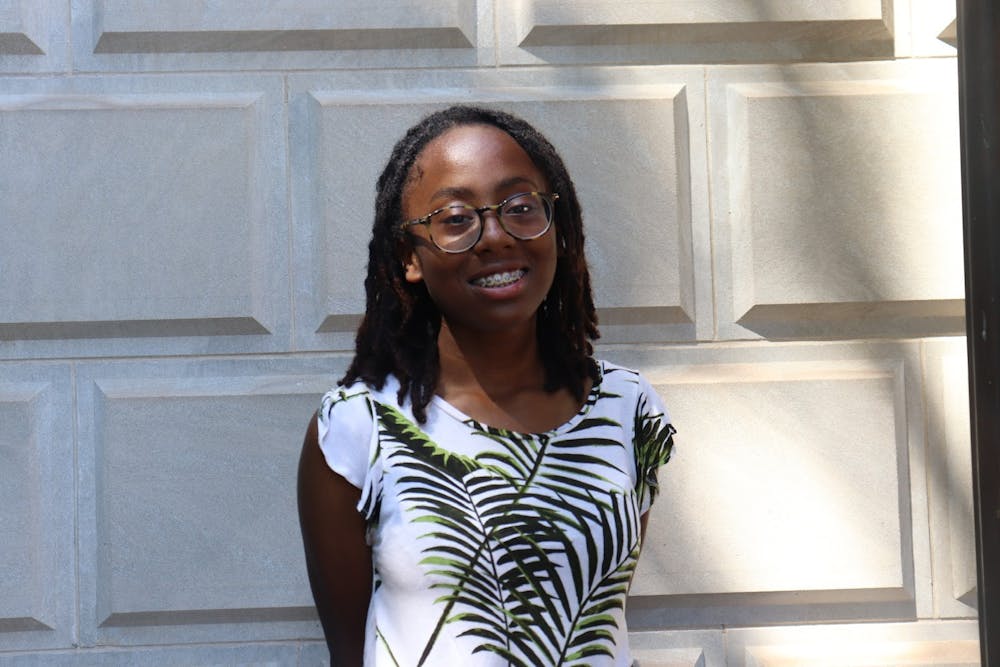In honor of “No Nuance November,” I posed a question on my Instagram story to my followers, asking them about their unpopular opinions. The answers I received were interesting, to say the least, and different from what’s “socially acceptable.” They ranged from believing that working class Donald Trump voters are going to be an important part of the progressive movement, to thinking that golfing should be banned.
A person would usually respond to these ideas with, “Wow! I never saw this issue from that perspective,” which for most of us translates to, “Wow! The media usually shows a one-sided point of view that makes people share a single idea and you’ve challenged the status quo.” This is called the false consensus effect, which is the idea where we think that our own opinions, attitudes and beliefs are common, so we believe that others may feel the exact same way. When we hold a certain belief, we tend to estimate that belief to be more ubiquitous than it actually is.
With the frequent sharing of opinions and information on social media, one can be easily blindsided by the thoughts of other users or even their own friends. Limiting our sources of knowledge to those with similar views makes us subconsciously believe that we hold the “model belief” and that the opposing side is completely undesirable because they don’t “get it” and aren’t as morally superior and intelligent as we are. Subconscious actions like these prevent us from having productive, nuanced conversations and are overall counterproductive if we strive to be understood ourselves. How can we attain collective liberation if we aren’t able to converse within the communities that we reside in?
This shouldn’t be interpreted as going out to meet with a full-blown racist and discuss politics over coffee. Rather, we must prepare ourselves to enter into every issue with a possibility that we might be incorrect and that our ego bubbles should be popped. Self-aggrandizing behaviors were most apparent during the presidential election, where many white liberals coerced members of the Black community to vote for a specific candidate that made them comfortable in their own racism. It’s impossible to consider yourself an “ally” for BIPOC communities only to turn around and belittle those who don’t agree with your performative activism.
On the other hand, the act of trying to engage in discourse with an individual that ends up making no progress is unproductive. With this uprising of online activism, white people are still asking Black people to teach them how to understand white privilege and racism. The problem with this? The information, statistics, documentaries and numerous studies had already exposed these issues in its raw form. Black individuals having to operate under this repressive system for centuries makes the act of white people asking how they can care now borderline offensive.
After reading the book, “Why I’m No Longer Talking to White People about Race” by Reni Eddo-Lodge, I wholeheartedly agree with the opinions presented. This doesn’t apply to all white individuals, but to the number of them who refuse to accept the existence of structural racism and how they’re actively upholding it. I see an emotional disconnect that a white person displays when I explain my experiences as a Black woman. This stems from being oblivious to the fact that their skin color is the default and anything darker is “other.”
Many Black individuals tread carefully when sharing their experiences, because once we show any signs of frustration or exasperation, people will tap into their preconceived racist notions about “aggressive” Black people who are supposedly a threat to them. Even if they claim to “hear us,” they’re not really listening.
Nonconformists, during this social media age of “hot takes,” often have to undergo self-censorship to avoid the reprisals of challenging the beliefs of others. It isn’t fair to live with a never-questioned entitlement and to expand your superiority complex - it perpetuates a cycle of intellectual stagnancy.
The next time that you repost information on your social media concerning current events, I challenge you to ask yourself why you’re doing so. Does it provide information of a perspective that you haven’t previously shared? Or does it conform to your preconceived ideas that you share within your circle of friends?
Kayla Kelly is a freshman in the School of Public Affairs and an opinion staff columnist for The Eagle.





